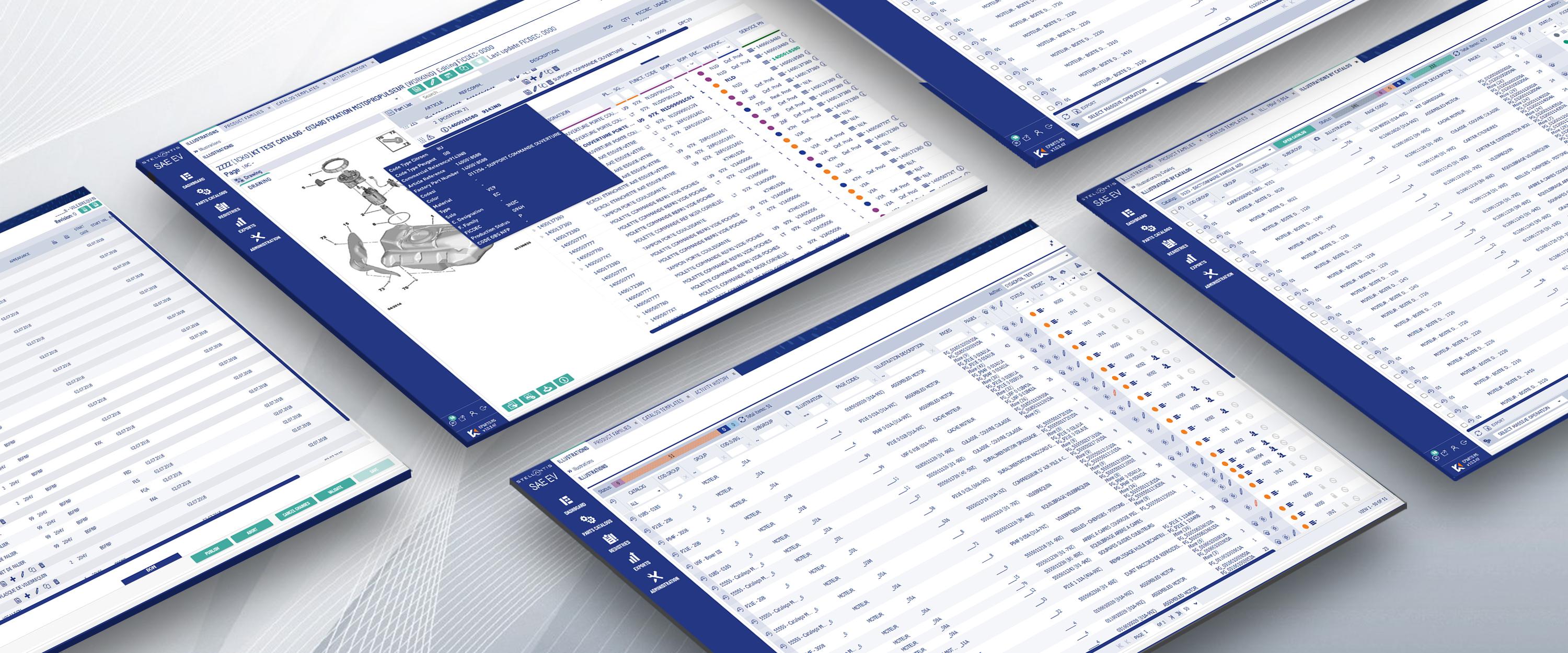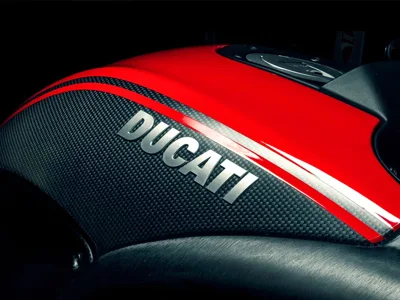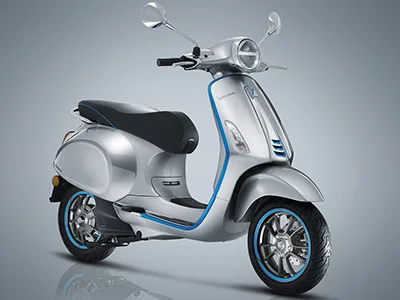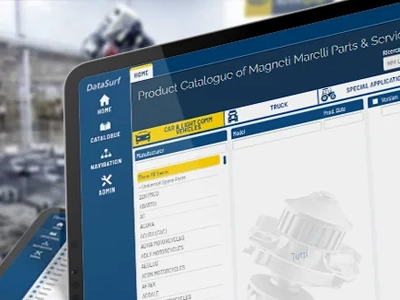Stellantis
Optimizing Spare Parts Catalog Management in Stellantis' Post-Merger Strategy.Following the merger of PSA and FCA, Stellantis embarked on a comprehensive strategy to align operations, optimize processes, and streamline technological platforms across its diverse portfolio of brands. A key focus area was the integration of spare parts catalog management to ensure efficiency, consistency, and scalability across all brands under the Stellantis umbrella.
Challenge
Prior to the merger, each company operated distinct spare parts catalog systems, leading to inefficiencies, data fragmentation, and increased operational costs. With a portfolio that includes Peugeot, Citroën, DS, Opel, Fiat, Alfa Romeo, Lancia, Abarth, Jeep, Chrysler, Dodge, and Ram, Stellantis needed a unified, robust, and scalable solution to harmonize spare parts catalog management across the entire organization.
Solutions
As part of its post-merger convergence strategy, Stellantis selected Key
Technologies and
the EPARTS
platform as the global solution for managing spare parts catalogs.
This
decision was driven by the platform’s ability to:
- Ensure Seamless Integration:
EPARTS
effectively
consolidates catalog data from multiple legacy systems into a single,
unified
interface.
-
Enhance Operational Efficiency:
By
centralizing
data and optimizing workflows, the platform reduces duplication, streamlines
updates, and accelerates parts identification and distribution
processes.
- Improve Data Accuracy and
Accessibility:
EPARTS
provides real-time access to up-to-date catalog information, improving
service
quality and reducing errors in parts selection.
- Support a Diverse Brand Portfolio: The solution is designed to accommodate the unique needs of all Stellantis brands, offering a flexible yet standardized approach to parts catalog management.
The Project
The project is structured into four phases, spanning approximately two years. The initiative is highly ambitious and complex, as it involves the harmonization of several systems and processes that were independently developed over time by different former group companies. These systems, built on varying engineering and production frameworks, must now be integrated seamlessly with numerous upstream and downstream systems to ensure operational efficiency and consistency across the organization.
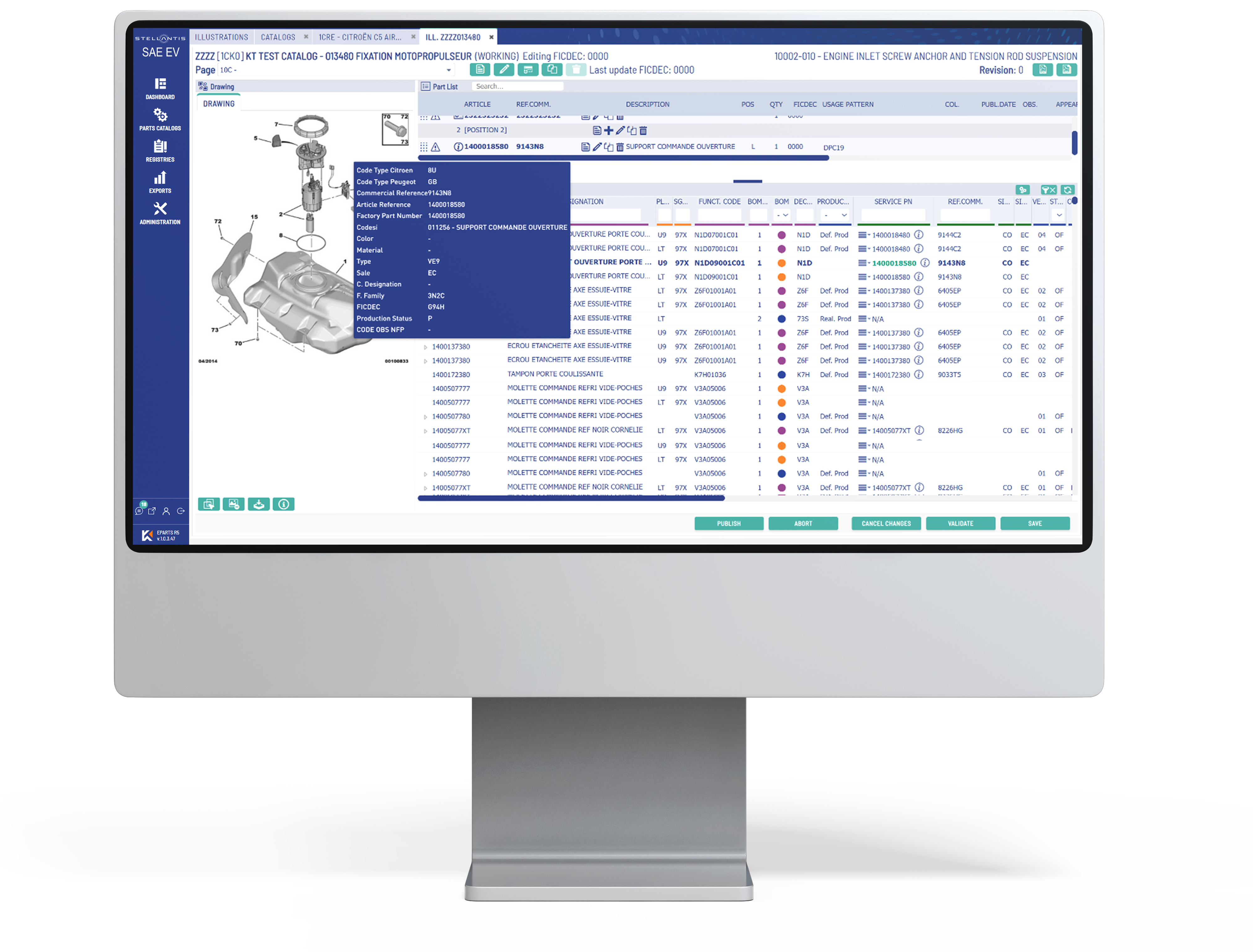
Conclusion
By leveraging Key Technologies and the EPARTS platform, Stellantis successfully unified its spare parts catalog management, aligning with its broader strategy of technological convergence post-merger. This integration has positioned Stellantis for greater agility, efficiency, and innovation, reinforcing its leadership in the global automotive industry.
Results
The implementation of Key Technologies and the EPARTS platform is delivering significant benefits, including:
reduced Costs: the consolidation of multiple legacy systems has led to lower maintenance and operational expenses.
increased Productivity: standardized workflows and automation have enhanced efficiency across spare parts management teams.
improved Customer Experience: faster and more accurate parts identification has led to better service quality and customer satisfaction.

